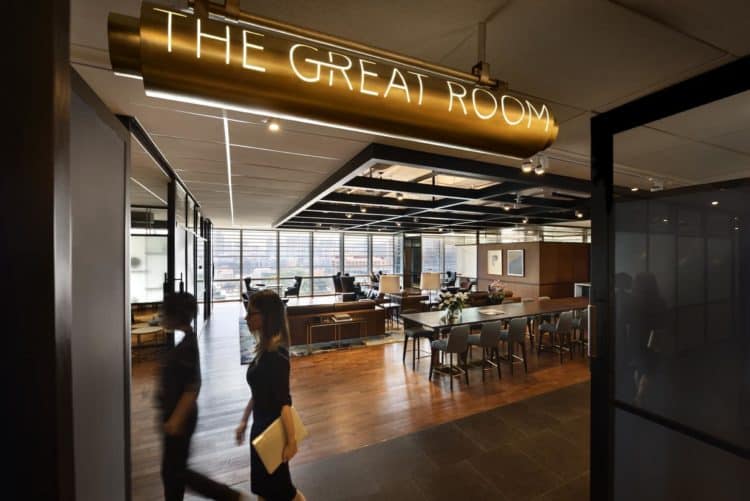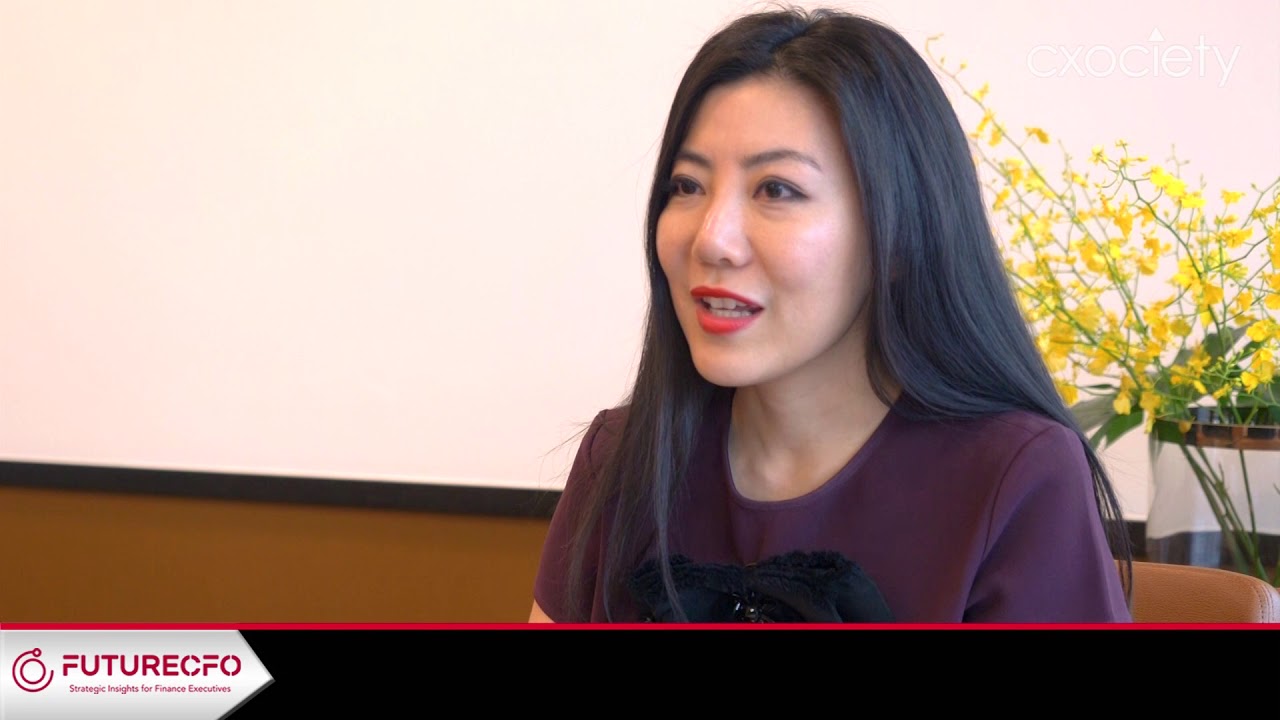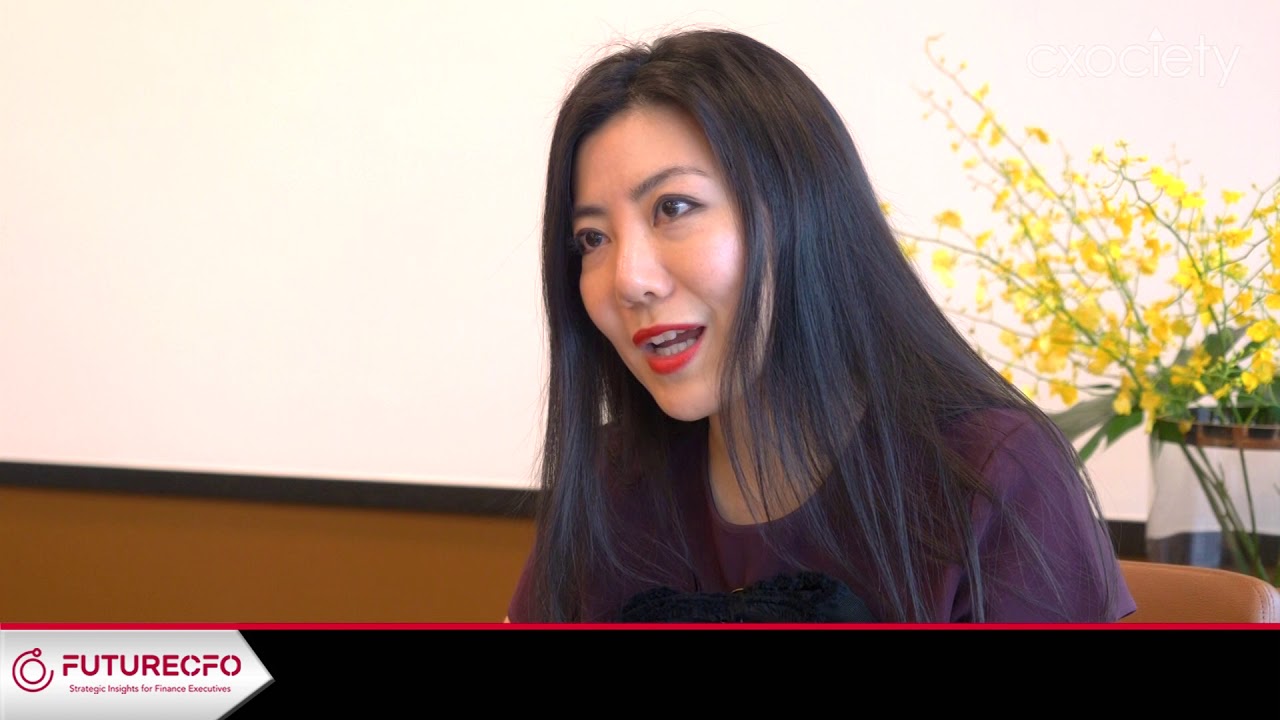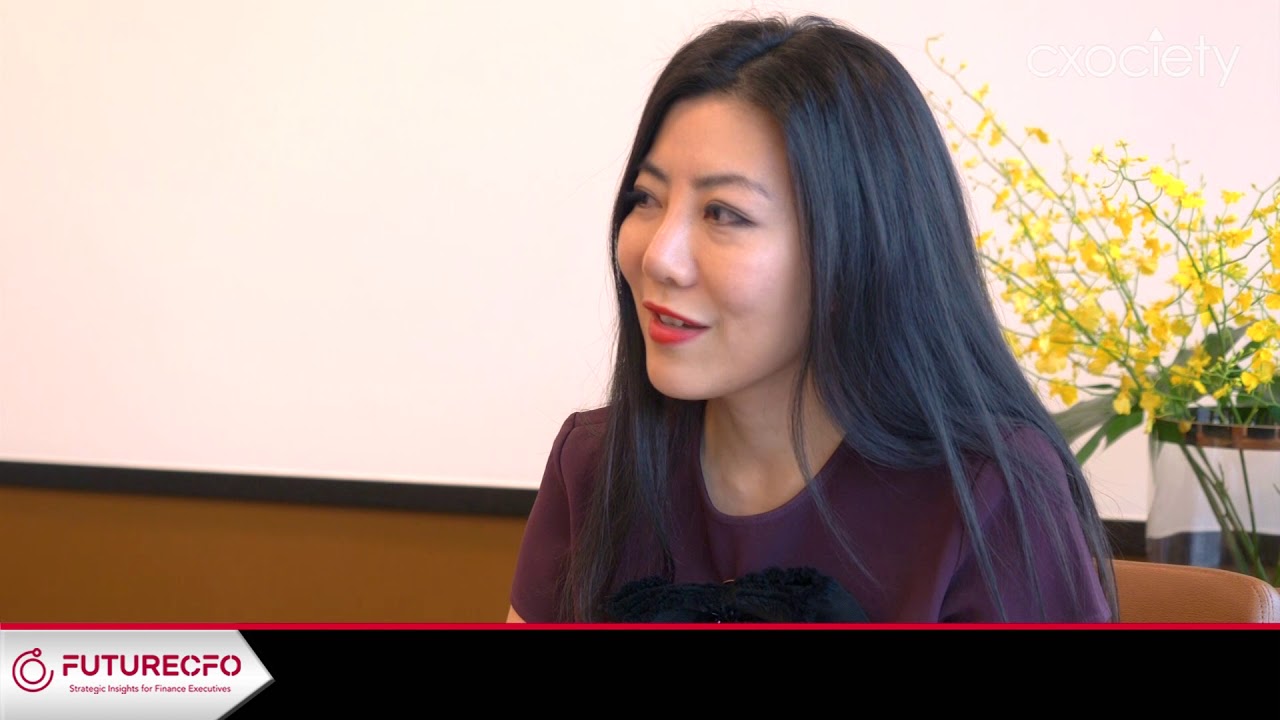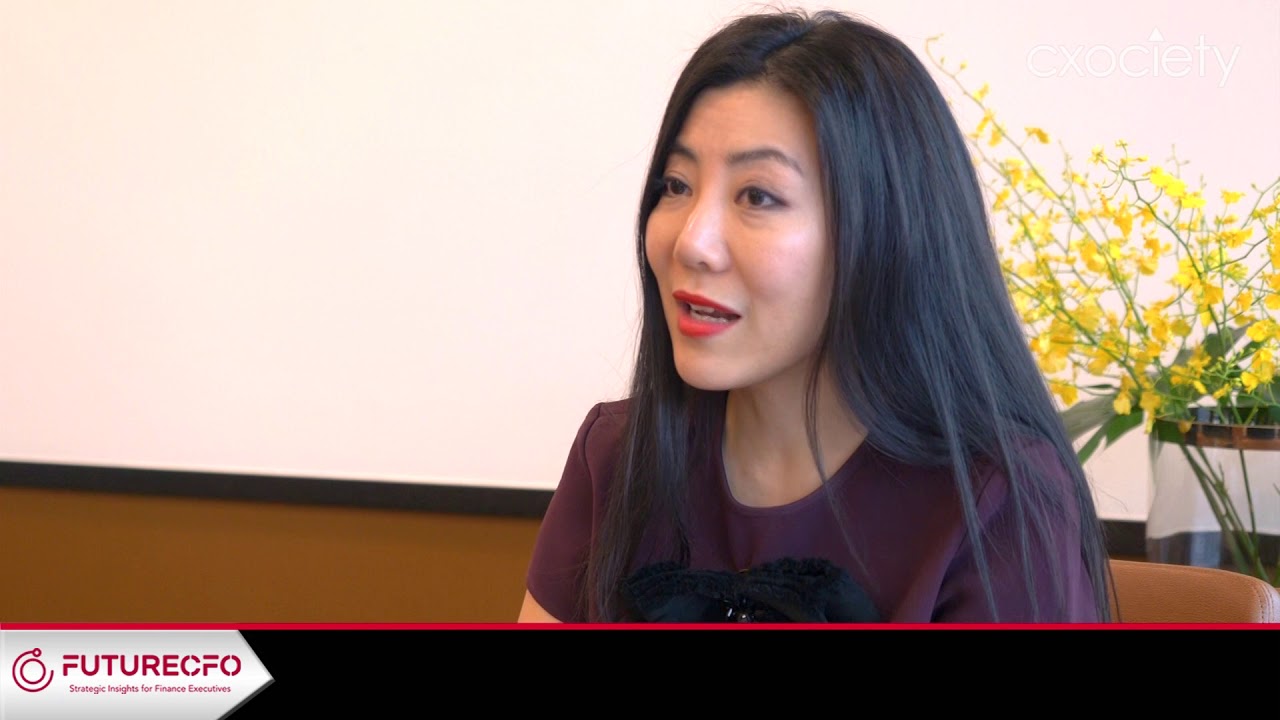Traditional businesses used to spend hundreds in man-hours looking for a suitably-sized space to set up shop, dole out thousands in rental thereafter, and even more to personalise it to reflect the identity of the company.
The flexible workspace business has seen spectacular growth in the last three years, arguably riding on the rise of start-ups and millennials’ way-of-work preferences, but now quickly being dominated by traditional enterprises looking to tap the energy that is inspired by this new category of working.
WeWork, for instance, claims that ’Enterprise Members’ (occupiers with 1,000 employees or more) make up 45% of their member base, suggesting that this is no longer the reserve of cash-strap businesses like start-ups.
Where the workspace used to be a cubicle that is highly personalised with trinkets, pictures and snacks, the new generation workspace, as found in flexible workspace environment, is bare of any personality, beyond the existence of highspeed wireless connection, proximity to a coffee machine and/or drink dispenser, and decoration that resembles a restaurant.
FutureCFO spoke to founder and chief executive officer of The Great Room, a Singapore-based provider of flexible workspace aiming for more discerning companies.
In describing the company’s approach to technology adoption and use, and why the business does not have a CIO or CTO, Jaelle Ang noted that technology is embedded in the culture of the company, everyone who works at The Great Room is technology-savvy.
Technology [investments] are driven from operations point-of-view.
“We always start with the customer experience point-of-view. How can we deliver this elevated experience, offline and online, and how technology enables that experience to be better,” explained Ang.
Reflecting upon the pace of growth of the flexible working space business, Ang believes that the traditional CFO could “feel trailing” and a CFO joining the industry could find themselves playing catchup, with the pace of growth.
“The CFO [in our industry] needs to be anticipating, needs to be running ahead because we need to take risks. We take calculated risks, driving our capital towards opportunities that give the business the highest return on a risk-adjusted basis. It is about being able to price that risk and going after the right opportunities very quickly,” she revealed.
She believed that traditional CFO roles like cost control and financial control are very important. But they are also table stakes (responsibilities that come naturally with the role).
Just as important and more reflective of its business is the managing of the various stakeholders in the company, including Board, shareholders, partners, landlords, and staff. She conceded that these different parties are constantly changing with varying needs.
In this FutureCFO exclusive she shares her unique insight into how a CFO would fit into The Great Room culture.
“It’s not a backroom role anymore. It’s to drive confidence, attract capital, and put capital to best use. The new CFO is a very public facing role,” concluded Ang.
The Colliers International report, The Flexible Workspace Outlook Report 2019 | APAC, paints a positive and but troubling outlook for the flexible workspace market as a whole. It notes that the global economy has entered a testing period for which the flexible workspace sector will not be immune.
“Yet it is also clear that the rise of flexible workspace in Asia Pacific is rooted in enduring trends, which should ensure flexible workspace contributes to the vibrancy of the region’s commercial real estate markets throughout 2019 - and for years to come,” noted the report.

